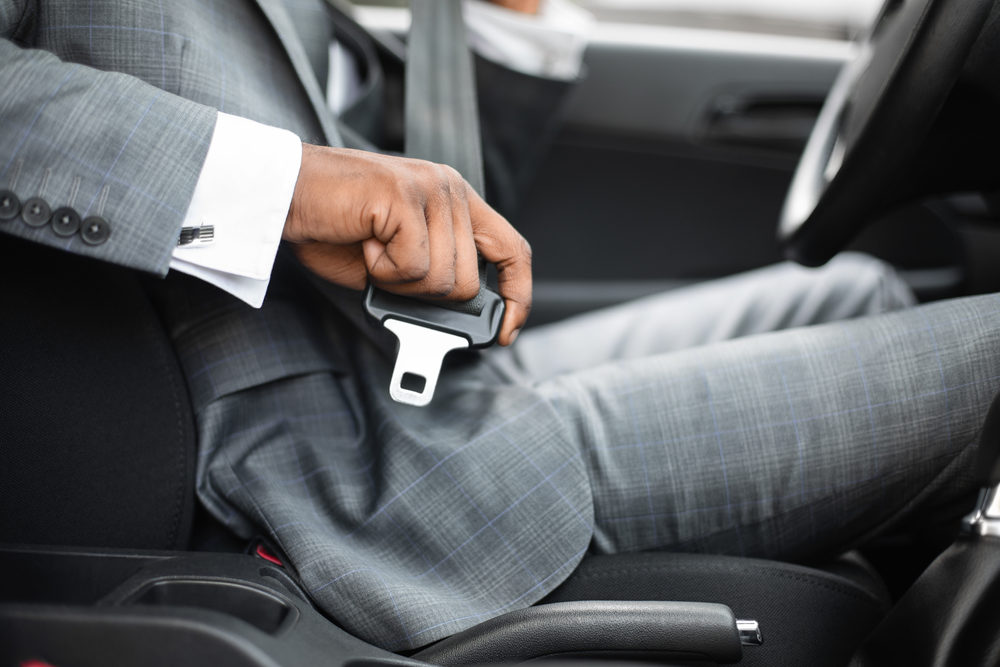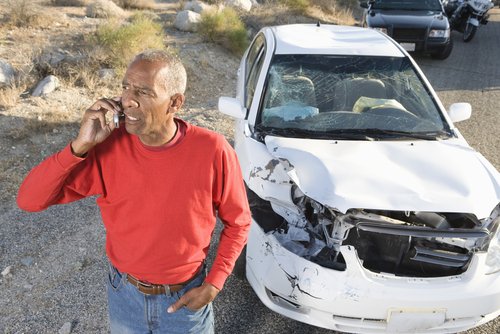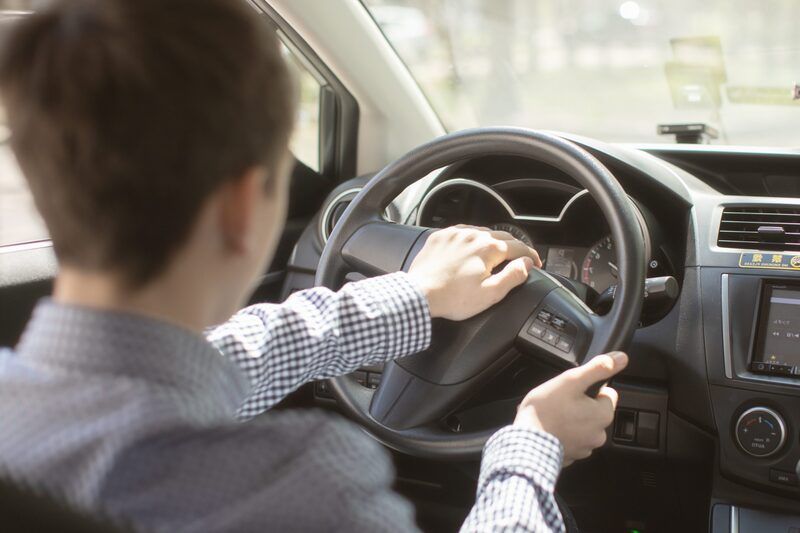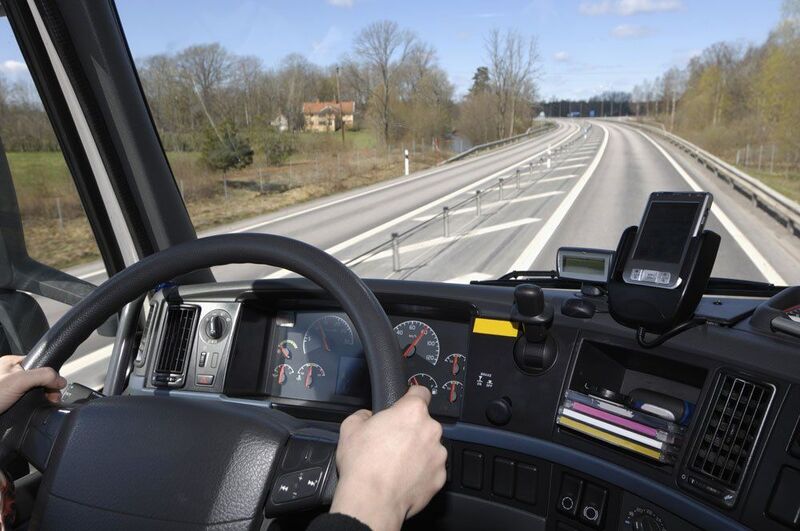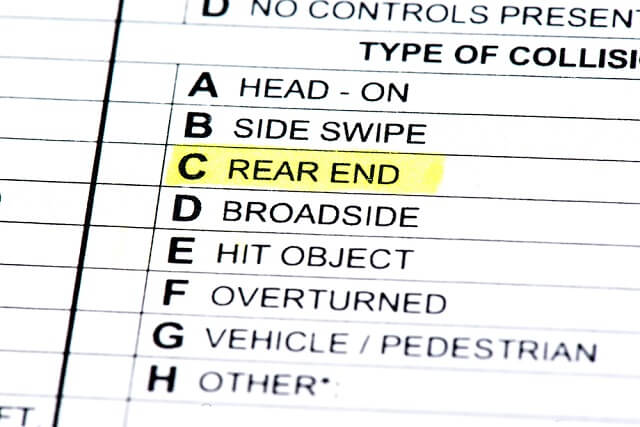
Ridesharing services, like Uber, use mobile application software to link people in need of transportation to drivers who carry passengers in their personal vehicles. Uber is a San Francisco-based company that has begun operating throughout the country, and in Baton Rouge in just last month. Additional ridesharing companies have also expressed interest in operating their businesses in Louisiana.
According to New Orleans City Council member Susan Guidry, the focus of the committee’s discussion on luxury car services was not broad enough. Whether the city creates regulations for ride-sharing services or not, they will begin operating no matter whether the law permits them to or not.
Uber has said that it hopes to begin operating its high-end car service, known as Uber Black, in the city of New Orleans. The reason for the focus on the luxury car rules, according to the Mayor’s office, is because changes to luxury car industry regulations have gone untouched in recent years, while taxi service regulations have been updated through recent changes.
Council member Stacy Head emphasized the need to for enforcement measures to be in place against non-compliant drivers, suggesting that non-compliant vehicles be immobilized by wheel locks. She also identified the need for increased financial resources for traffic regulation enforcement, proposing an increase in fees paid by transportation operators.
The debate again echoed the many pro- and anti-Uber sentiments that were raised at the committee’s June hearing on the subject. Proponents herald Uber as a more efficient, reliable, inexpensive service that will lead to improvements in accessibility to transportation, as well as opening the doors to smaller operators whose small businesses could better meet the communities needs. Critics of Uber, many of whom are from the taxi and limousine industry, raised concerns about an impossibly unworkable economic model with no guarantees of safety, fair pricing or non-discrimination by drivers.
Malachi Hull, who appeared as a concerned citizen at the most recent hearing, despite being dismissed in July from his position as chief of the city’s Taxicab Bureau, spoke with the critics and against Uber. He expressed concerns about Uber and other such operators excluding people who do not have smart phones or credit cards, and referenced potential security concerns such as terrorism and human trafficking.
The issue may be taken up by the full City Council as early as August 14th.
Meanwhile, Louisiana Insurance Commissioner, Jim Donelon, has urged potential drivers for ridesharing services like Uber to closely review their insurance policies before they get signed up with these companies. According to Donelon, most personal auto insurance policies exclude coverage when people charge others to ride in their own personal vehicles. There may be a gap in insurance coverage, where a driver is left without coverage if he or she is involved in an accident where paying customers are involved.
Free Case Evaluation
More About HHK
Other Car Accidents News
When you get into a car, fastening your seat belt […]
After you are involved in an auto accident, it is […]
Throughout the country, speed limits are increasing. From highways to city streets, drivers […]
A plaintiff in an automobile accident case can usually count […]
New Orleans, LA Car Accident Compensation Lawyer Car accidents, even […]

